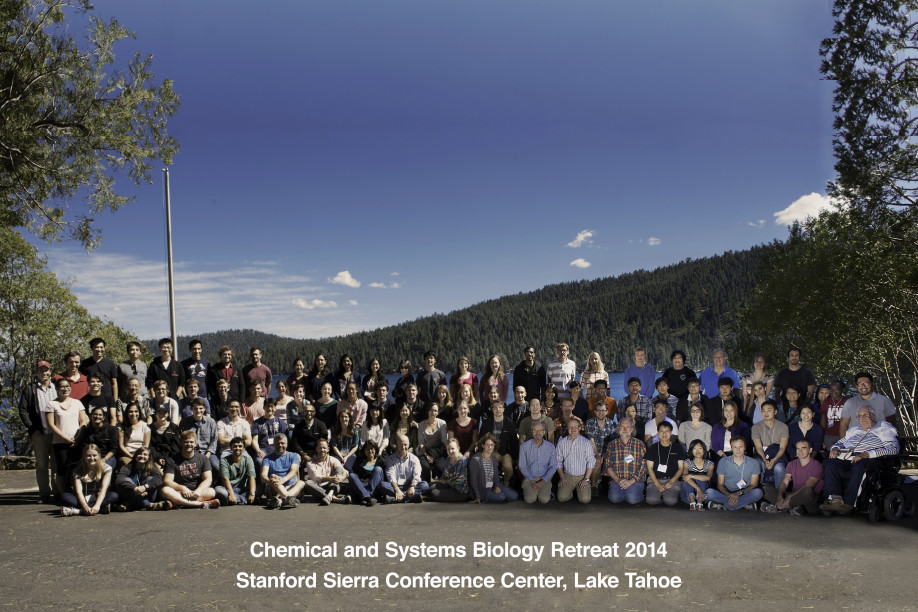MOLECULAR, QUANTITATIVE, AND INTERDISCIPLINARY
The Department of Chemical and Systems Biology explores the mechanisms that underlie cellular function and contribute to human disease.
Our department emphasizes interdisciplinary research that spans the biological and physical sciences. Faculty research areas currently include signal transduction, cell cycle regulation, cell differentiation, chromatin remodeling, protein homeostasis, and genome stability, and we seek to understand these complex biological processes at the molecular and systems levels.
By integrating genetic technologies, biochemical and chemical tools, quantitative analysis, and computation modeling, we strive to deconstruct these cellular systems, predict emergent behaviors, and translate these discoveries into new medical therapies.
Collaborative Learning
To achieve these scientific goals, our department provides an environment that fosters interactions between cell and molecular biologists, chemists, computational biologists, and researchers interested in applying these skills to emerging biomedical challenges.
Our highly collaborative community encourages graduate students, medical students, and postdoctoral fellows to incorporate new technologies and interdisciplinary approaches in their studies. Our goal is to train these young scientists to become future leaders in biomedical research.


